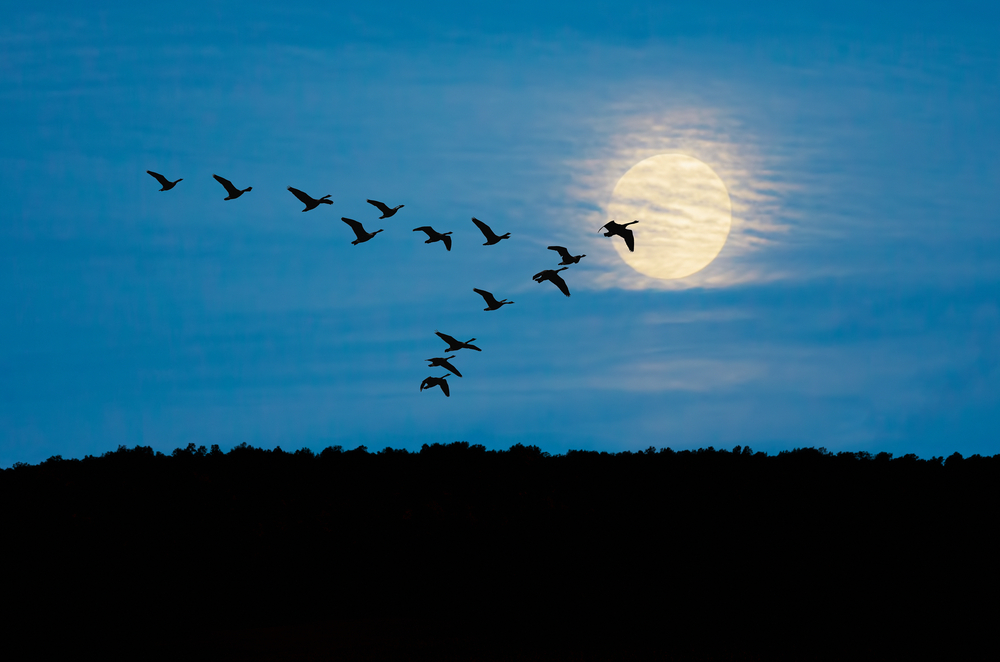A fourth case of avian influenza (bird flu) has been confirmed in Ireland.
The case was identified in a whooper swan around the Leitrim/Longford border. It is the second case to be identified in a whooper swan in Ireland.
Last week, the Department of Agriculture confirmed a third case of bird flu in a whooper swan in the Borrisokane area of Tipperary.
The two other cases of the disease were found in wigeons, one in Wexford and one in Galway.
It is a requirement to confine poultry and other birds, and to apply strict bio-security measures to prevent the introduction of bird flu.
The birds must be confined in a secure building to which wild birds, or other animals do not have access.
Poultry flocks across the country are at risk from introduction of the virus and flock owners are advised to remain vigilant for any signs of disease in their flocks, and report any disease suspicion to their nearest Department Veterinary Office.
The public is advised not to handle sick or dead birds. Department staff will continue to collect sufficient birds for testing to help understand how the disease is distributed geographically, in different species and over time.
What Are The Most Important Bio-Security Measures You Can Take To Prevent Avian Influenza?
Comply with the Avian Influenza (Precautionary Confinement of Birds) Regulations 2016 by housing your birds and taking key bio-security measures, including:
- Preventing direct wild bird contact with poultry. For example, the use of netting.
- Prevent wild bird contact with poultry feed and bedding.
- Provide potable drinking water (not water that could have been contaminated by wild birds e.g. lake or pond water).
Further bio-security measures are available on the Department’s website.
